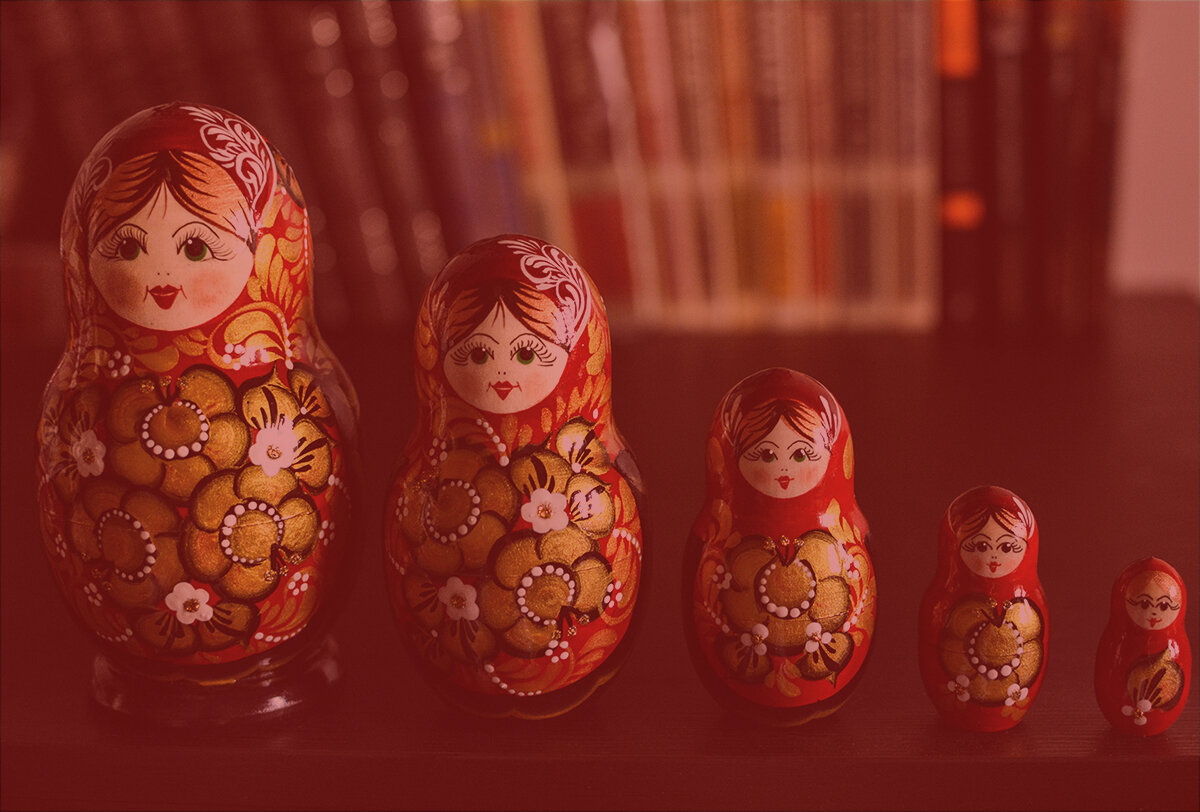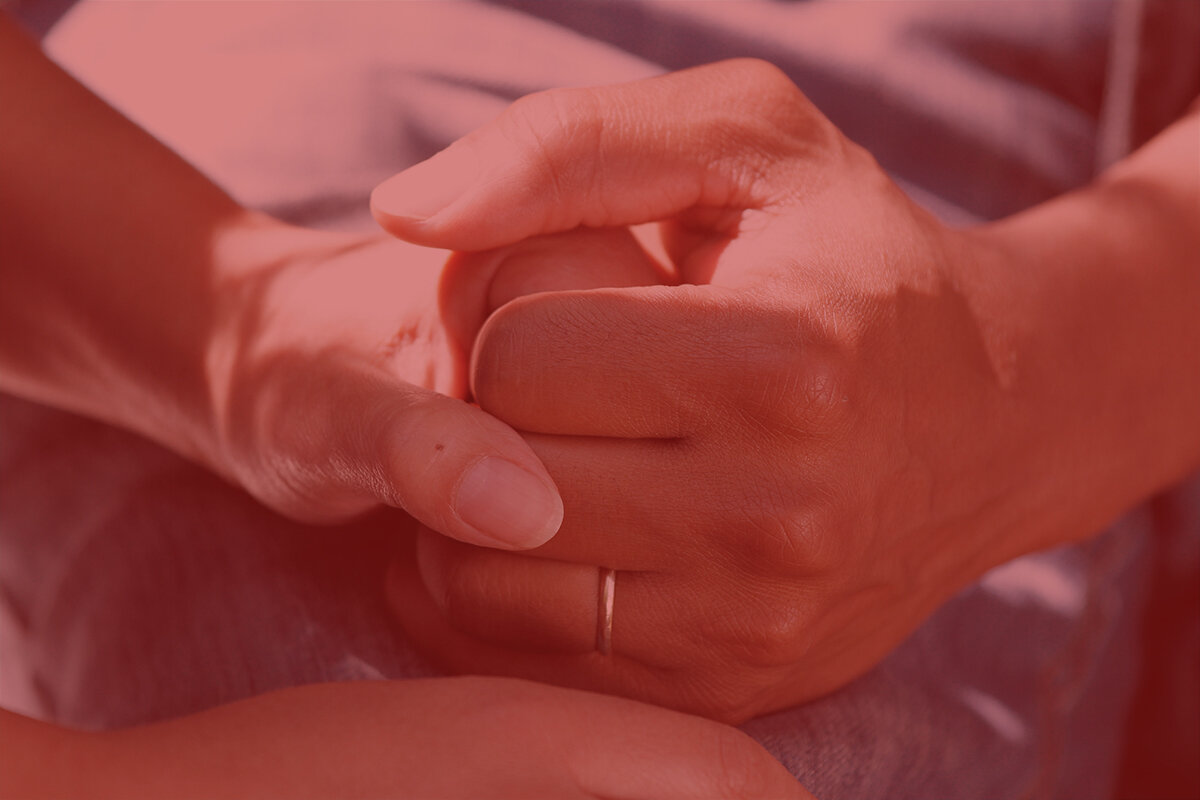You can’t eat noble: Valuing mothers’ work
Original image by Tanaphong Toochinda
I run the Brighton-based Mothers Uncovered, which I set up due to my own experiences of feeling panicky and isolated after becoming a mother. We provide creative peer support groups for mostly new, isolated mums. All our activities are run by past participants, who are paid to run sessions; sometimes they, and others, are faintly surprised that the work is not voluntary.
What has always struck me over the years of supporting women in matrescence (the transition into motherhood) is their struggle to define themselves and their place in the world. This is partly due to the bone-crunching tiredness; one of my favourite quotes when participants discussed what they would tell a pregnant woman was: ‘You don’t want to hear you’ll be so tired it hurts.’ There is also the overwhelming love and concern they have for their child and the loneliness and sometimes boredom of spending hours alone with their baby, which they must not mention as they will be told they are ungrateful.
Original image by Benjamin Manley
However, the loss of identity is not talked about as much. After all, you were a woman, now you are a woman and a mother, which is a whole additional role. However, the act of becoming mother often subsumes that of woman and we realise that neither are particularly valued in the first place. Our worth in the world is only seen in monetary terms, how much revenue we create for our workplace. Everywhere around us, people are working for no money, looking after each other or their communities, yet this is not seen as important. It’s as if paying for this work, which a basic income would do, would sully it somehow, make it less noble. FYI, you can’t eat ‘noble.’
I was moved to support the basic income cause, in part because I’ve seen how many families, especially mothers, are struggling. About four years ago, the ONS estimated there were around two million mothers at home in the UK, branded ’economically inactive’, yet doing the equivalent of around £343 billion hours of unpaid childcare.
Participants in our groups always talk about when they ‘go back to work’ and we gently stop them and point out that they are working already. Soothing a screaming, teething baby is more work, I would argue, than someone doing a ‘bullshit job’ (David Graeber), such as phoning up a stranger to tell them they’ve been in a car accident and can claim compensation when they probably don’t own a car.
Participants are often wild-eyed and anxious about this return to their workplace and you can see why. They are fathoming how they will manage to leave their young baby, who has not been apart from them before, with people unfamiliar to them, while they go and earn just enough money to cover the childcare and exhaust themselves further into the bargain. And the woman (for it nearly always is) providing the childcare is probably leaving her children with someone else and on and on in a bizarre Russian doll set-up.
“The woman providing the childcare is probably leaving her children with someone else and on and on in a bizarre Russian doll set-up.”
‘Oh, but Maggie,’ I hear you say. ‘Are you not a feminist? Are you suggesting women stay in the house all day, having and raising babies, instead of taking their place in the world of work?!’ Of course not. I was desperate for adult company and to contribute to society when I’d had my children. Mothers have ideas and ambition, but the fact that their vital work as mothers is not recognised as such has a detrimental effect on their mental health. Let us stop and consider the ridiculousness of a woman putting her child in the care of another which is work, but it is not work if she is doing it, or having to shun work in order to care for her child (also work).
Those that care for children, elders or the disabled (which is all of us at some point) should be supported to do their caring roles, not be stigmatised and shamed into ‘going back to work’. A basic income would give mothers a breathing space to negotiate a better, more harmonious return to a workplace that fitted with raising the next generation of society and critically would show their work as mothers is valued, thus enormously benefiting their wellbeing and those around them.
- - - - - - - - - - - - - - - - - - - - -
To get involved with UBI Lab Womxn* then get in touch with us on email on Twitter @UBILabWomxn.* or on Facebook UBI Lab Womxn*.
* Other UBI Labs are available
More about the author
Maggie Gordon-Walker - @MGordonWalker
Brighton, UK
Maggie is on the board of Basic Income UK and an arts professional; working as writer, performer and director. She founded Mothers Uncovered in 2008 (for her registered charity Live Stock) as a result of her experiences when becoming a mother. The creative peer support courses allow feelings to be explored honestly, without judgement. She is an advocate for matrescence (the transition to motherhood), dedicated to giving women a voice.





